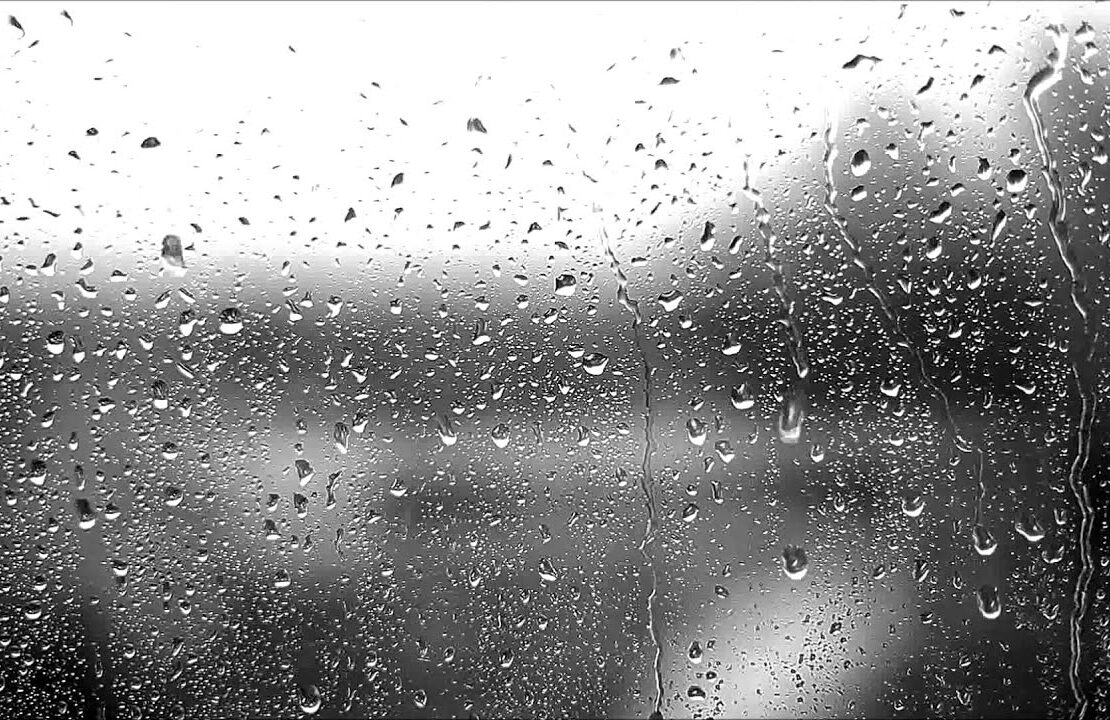How to Prevent Headaches from Bad Weather
As someone who experiences migraines, I can attest to how delibating they can be. In this blog post, I’ll explore some of the science behind them and discuss how to manage and prevent them.
Understanding headaches and their causes
Headaches are a common physical ailment that can have different causes or triggers, like stress, lack of sleep, dehydration, and in my case, hormonal changes and certain foods.
There are different types of headaches, including tension headaches, migraines, and cluster headaches. Tension headaches are the most common form of headache caused by stress or muscle tension in the head and neck. People describe tension headaches as dull aches on both sides of the head that can last anywhere from 30 minutes to days. On the other hand, migraines are more severe headaches that can cause intense pain, nausea, and sensitivities to light and sound. Migraines, like tension headaches, can last for hours or several days. Cluster headaches are less common and cyclical and, like migraines, can cause significant pain, but this pain is usually in or around one eye.
Weather and its impact on the body
Weather conditions can hugely impact or influence our body, particularly considering temperature, humidity, and barometric pressure. We don’t fully understand the link between weather and headaches, but it’s believed that changes in these environmental factors can trigger headaches in some people. For example, when the barometric pressure drops, like it does right before it storms, it can cause a decrease in oxygen levels and lead to the dilation of blood vessels in the brain, which can trigger headaches. Changes in humidity levels can also impact the body’s hydration levels, which triggers headaches in some people.
The link between bad weather and headaches
Everyone who gets headaches isn’t affected by changes in the weather or bad weather. But, some people may get migraines or headaches on humid days or when it thunderstorms. Keeping a headache diary can help you identify your patterns and triggers.
How to prevent weather-related headaches
While it may not be possible to prevent these headaches, you can minimize them in four ways:
- Stay hydrated: Dehydration can trigger headaches, so it’s paramount that you drink plenty of water throughout the day, especially on days with extreme or warmer weather.
- Monitor weather changes: Keeping an eye on the weather forecast can help you prepare for temperature, humidity, and barometric pressure changes.
- Avoid triggers: If you know that weather changes trigger your headaches, try to avoid other triggers like stress and certain foods.
- Manage stress: Stress can trigger headaches, so finding ways to manage stress, like meditation or exercise, can be helpful.
Home remedies for weather-related headaches
There are some home remedies that may help alleviate your symptoms. Here are a few to try:
- Apply a cold compress: Placing a cold compress on your forehead or neck can help reduce pain and inflammation.
- Drink caffeine: Caffeine can help constrict blood vessels and reduce pain, but it’s important not to overdo it, as too much caffeine can trigger headaches.
- Practice relaxation techniques: Relaxation techniques such as deep breathing or meditation can help reduce stress and tension in the body.
Over-the-counter medications for weather-related headaches
Prevention and home remedies aren’t enough for some to alleviate their symptoms. In these scenarios, medications like ibuprofen or acetaminophen may be helpful. You should follow the recommended dosage if you use them and try not to rely on these medications, as they are known to have side effects.
The takeaway
We may not fully understand how or why weather contributes to headaches in some people. But we know that, for some people, there’s a correlation between both variables. If you experience weather-related headaches or notice that your headaches feel worse when there’s adverse weather, thankfully, there are steps you can take to prevent them. These steps include staying hydrated, monitoring weather changes, watching your symptoms, and using medications to alleviate symptoms.
If you’re experiencing more frequent or severe headaches, seek medical attention or schedule an appointment with your doctor.

